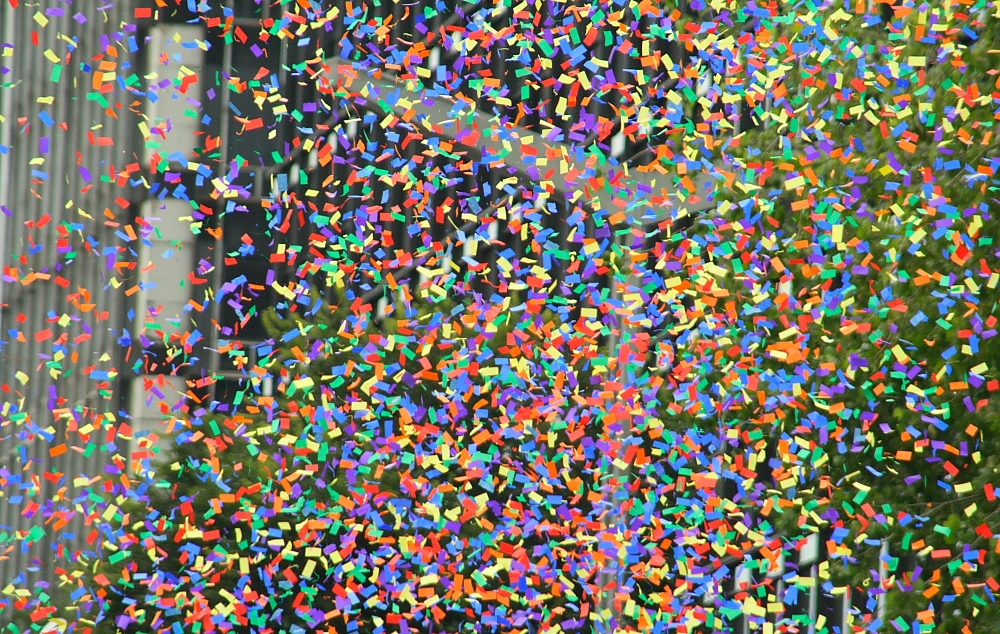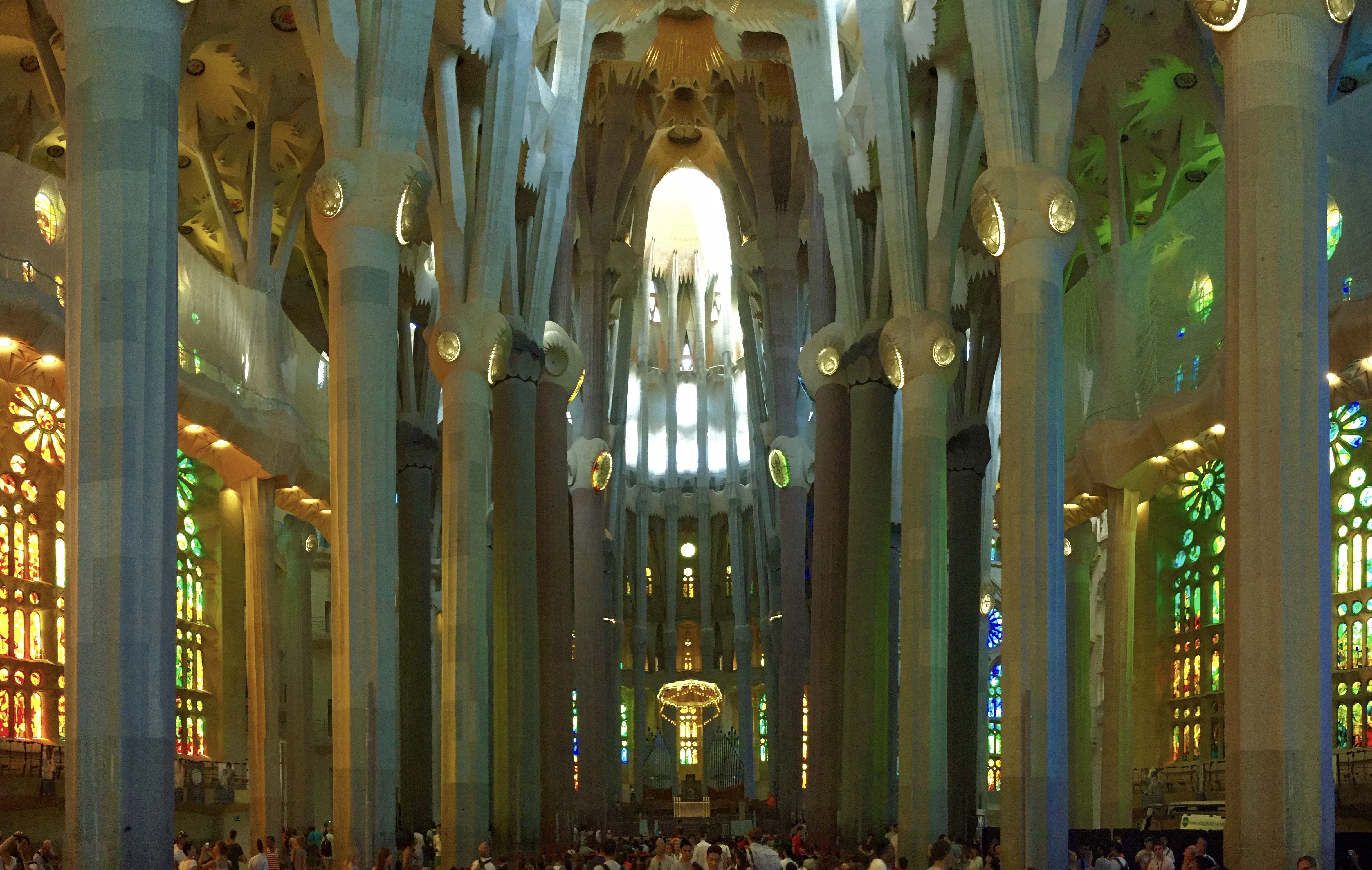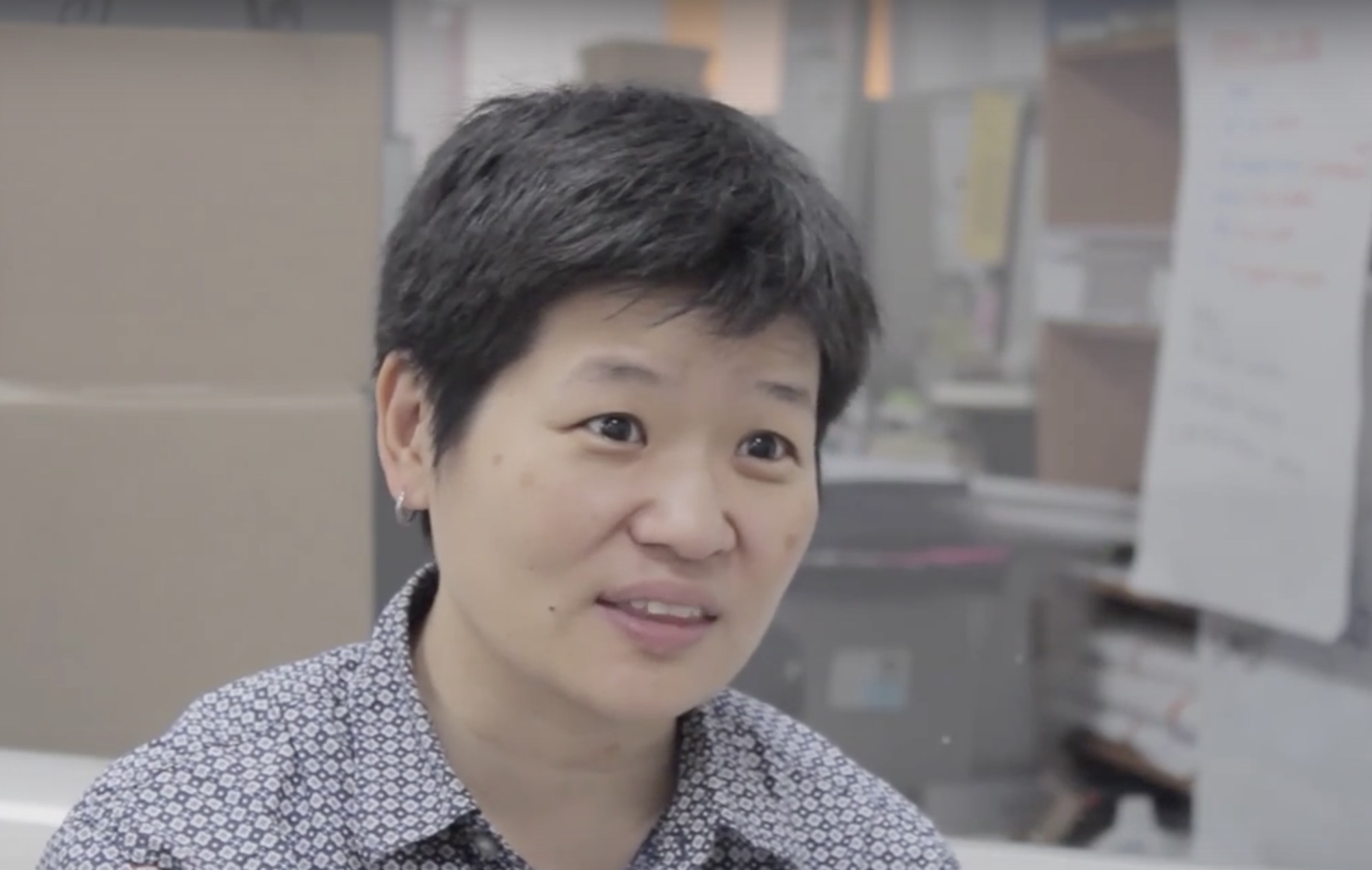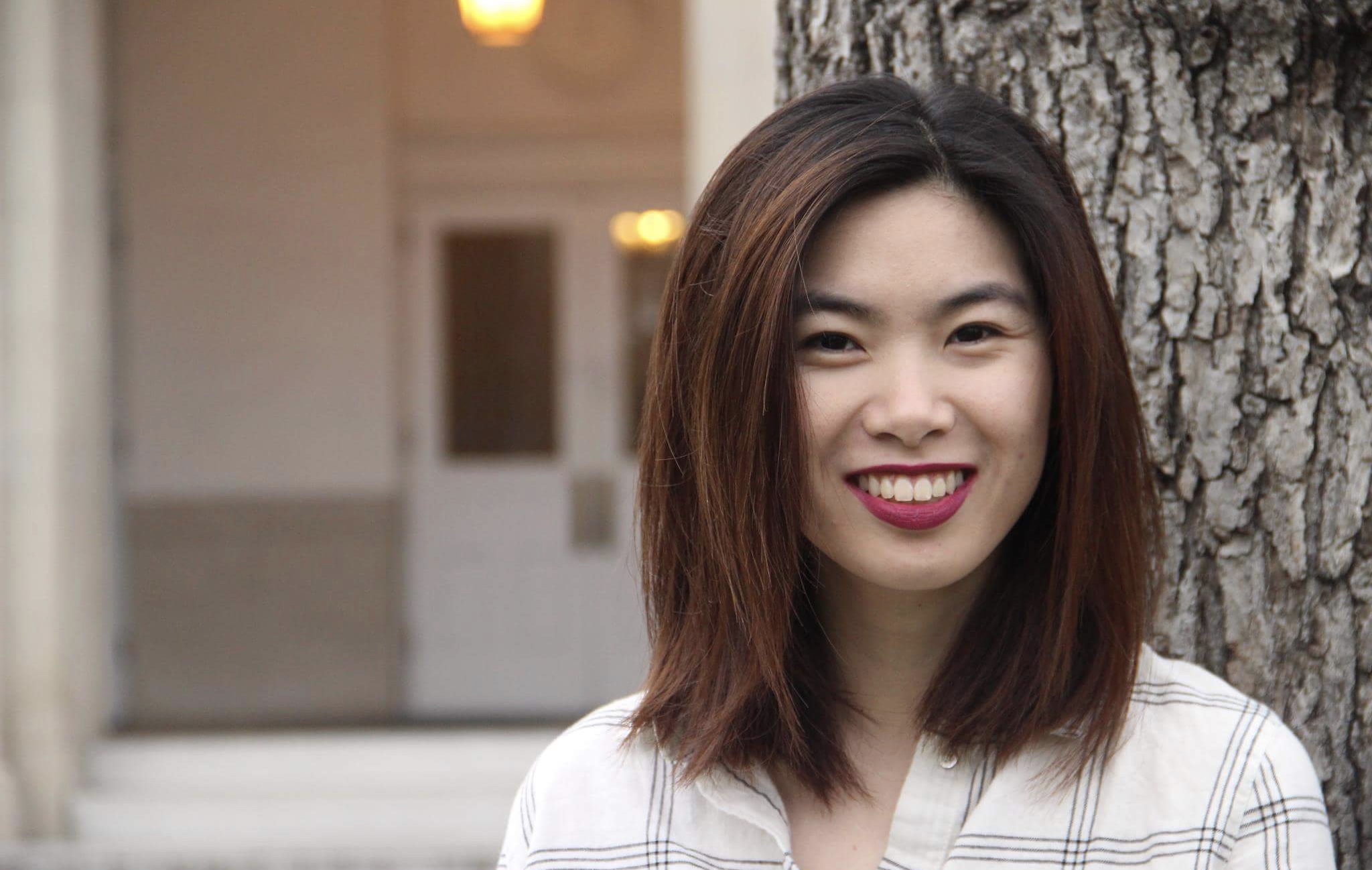
Susan Xing
I was raised to believe that I could be nothing but “normal.” No, normal did not mean average. “Normal” for my Asian parents’ high standards meant model behavior, straight A’s, and filial duty. All loud giggles and strange faces made in public were constituted as “weird” behavior and consequentially corrected.
I still developed my own silly personality regardless of hearing: “Why can’t you be more normal?” challenging my every loud laugh in public. However, a part of me still grew up believing that deviating too much from the status quo was not only weird, but quite scary.
I think the first time I actually processed what being “LGBT” meant was in high school, when I started hearing about the rumored “gays” and “lesbians” in our school. I remember the first time I saw members of the Gay Straight Alliance Club spreading awareness and recruiting members. I was shocked at how openly they advertised themselves, and I remember wondering how they were not embarrassed or scared enough to remain anonymous. I thought to myself, why on earth would a straight person join them – what if everyone started thinking they were gay or something – wow that’s so weird.
Then my best friend came out to me. Until then, it had not hit me that people I knew actually identified themselves as gay or lesbian. Before, I would hear statistics like “1 out of 10 people are gay” and I would laugh at how incredulous that was, as I assumed that none of the people around me could possibly be gay. Being gay seemed so distant from my world of “normal” that I never considered the possibility of it impacting my life in any way.
When she told me, I was too shocked to have an immediate response. It took me a few long moments for me to utter: “Oh wow… how has that made you feel?” It was so much for me to absorb. Not only did I finally realize that LGBT equality and acceptance was a relevant and real issue in my life, I also felt my brain flood with questions of my friend’s life experience, how being lesbian had affected her and how she was dealing with coming out. I felt like I had missed a huge portion of her life, but because she shared her secret with me, I all of a sudden could begin to understand who she really was.
She may not have been “normal” by society’s standards, but I did not care. She was the same person regardless of her sexuality and I realized that immediately. After a few more curious but carefully phrased questions, I told her: “You know I love you still right? Nothing will change between us except that I will love you and understand you more. Thank you for trusting me.” And I meant every word if it.
After my friend came out to me, I saw a change in her. She seemed more comfortable with herself, and gradually, she came out to her family, friends, and finally publicly on Facebook! She was blessed with support from all of the most important people in her life. While I am sure many API LGBT folks out there have not had the same luck, I have seen through my friend that coming out is a transformational and liberating experience.
As an ally, it is difficult to imagine what it must be like. Can you fathom how you would feel if being heterosexual meant you were the minority, if you were judged for something you had no control over? It reminds me of being left-handed. Some parents, like my own, think it is wrong, or not “normal” to be left-handed, and try to correct that behavior at a young age. But being left-handed is not a sickness. Sure, it may be different, but why can’t we accept these differences as a natural part of life?
So please, support your friends and family in the coming out process – give them a chance to accept their identity and free themselves from society’s regimented labeling system. We are all equals and it’s about time we all recognize that.
(Photo credit to Esparta Palma)
Categories: Allies



Thank you so much for your story, Susan! Your parents did a great job of raising someone who has an open mind and an open heart, two of the most important items to possess!